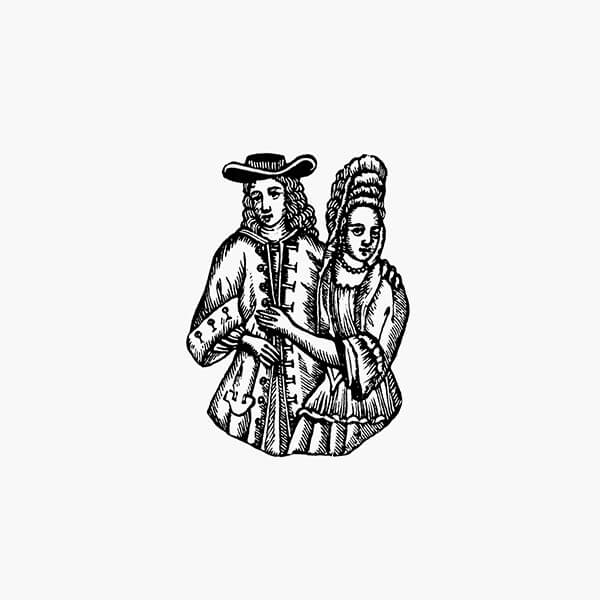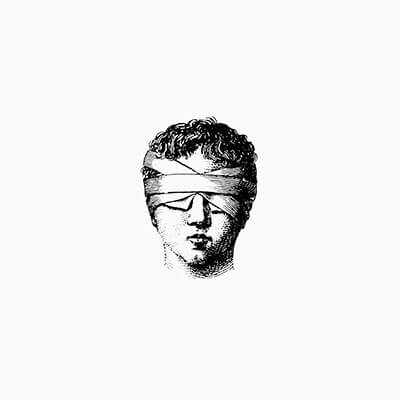



























Library of Babel
10367 Il paese dello Yann
Lord Dunsany. Edited and with an introduction by Jorge Luis Borges
1981 I ed. .
Language: Italian
Lord Dunsany very much had the spirit of the jester in him and effortlessly relied on dreams which made him the creator of a blissful universe which he poured into his writings.
All of Lord Dunsany’s stories are the creations of a dreamer. In Where the Tides Ebb and Flow, the dream is a nightmare; it begins in present-day London, and is projected, magnifying itself, into centuries of loneliness and mud. In The Sword and the Idol, the story is about an ancient past, not a vague future. It can also be read as an allegory of man’s destiny, and in its ending we feel the desolation and futility of the great undertaking as our own. Wonders collect and exceed themselves in Idle Days on the Yann. The story flows like the river along which the heroes set sail, and the song of the helmsman sets the pace of the days and nights of this intimate time, which is beyond time. In The Field, the movement is reversed; it goes from happiness to shadow and the projection of something terrible. The secret subject of The Beggars is the unexpected discovery of beauty in a big city, no more will be said to not spoil the surprise of this strange story. The atmosphere of all the tales mentioned so far is that of a primeval and fresh legend, or of a fairy tale, but this is certainly not the case with the last two. In The Bureau d’Èchange de Maux, the supernatural consists of a single fact, which is or seems to be a consequence of daily routines. A Night at an Inn is a short play.